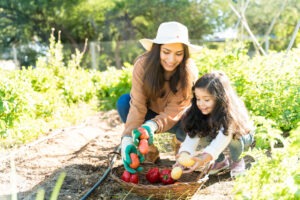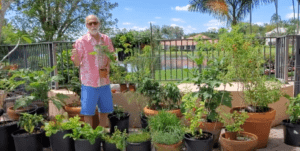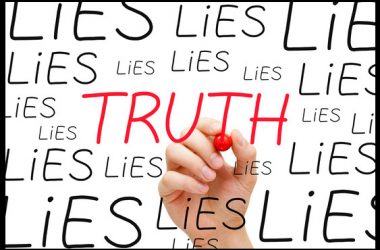Biting into a juicy apple or crunching on mixed greens is something you shouldn’t have to think twice about. Most of us are aware that fruits and vegetables are an important part of a healthy diet. Unfortunately, you might have to do a double-take since produce sometimes comes with potentially harmful chemicals.
Biting into a juicy apple or crunching on mixed greens is something you shouldn’t have to think twice about. Most of us are aware that fruits and vegetables are an important part of a healthy diet. Unfortunately, you might have to do a double-take since produce sometimes comes with potentially harmful chemicals.
What are Pesticides?

Pesticides are substances that are used to kill, repel or control pests. There are several types of pesticides, including:
- Herbicides kill weeds
- Fungicides control fungi, mold and mildew
- Insecticides kill insects
- Rodenticides kill rodents
Over 1 billion pounds of pesticides are used in the United States each year, according to research. Pesticides don’t only cause both short-term and long-term adverse health effects in humans, but they also are harmful to the environment. This Earth Day, CardioMender, MD wants to share ways you can make a difference to the planet and to your health by avoiding or limiting exposure to pesticides from fruits and vegetables.
Minimizing Harmful Chemicals in Food
We aren’t saying that you should stop eating fruits and vegetables. Instead, there are ways you can minimize the risk of consuming fruits and vegetables covered in pesticides.
Buy Organic
Buying organic and shopping at your local farmer’s market is the best way to get pesticide-free produce, making positive steps to protect our environment. Organic farming generally produces foods that have more beneficial micronutrients since small organic farmers generally employ crop rotation that allows replenishment of trace nutrients in the soil. When we eat these crops, we get critical vitamins and nutrients that our bodies need. Large corporate agrifarms tend to plant the same crops over and over again depleting the soil of critical elements essential to a healthy diet.
Not all fruits and vegetables contain the same amounts of pesticides and herbicides. So you may want to familiarize yourself with the nonorganic fruits and veggies that are safe for you and your family and avoid the ones with the highest amounts of toxins. The Dirty Dozen refers to twelve crops that contain the highest amounts of pesticide residue. The Dirty Dozen includes:
- Strawberries
- Spinach
- Kale, collard and mustard greens
- Nectarines
- Apples
- Grapes
- Cherries
- Peaches
- Pears
- Bell and hot peppers
- Celery
- Tomatoes
Wash Fruits and Vegetables
No matter where you get your produce from, it is important to wash all fruit and vegetables before eating them. Washing your produce reduces the risk of consuming harmful bacteria and pesticide residue. The CDC estimates that germs on produce that are eaten raw cause a large percentage of U.S. foodborne illnesses (also known as food poisoning).
When washing your produce, gently rub your produce while holding it under running water. You do not have to use soap. For firm produce, such as melons and cucumbers, you can use a clean vegetable brush to scrub the outside.
Grow Your Own Produce
You may want to try planting your own garden to reap the benefits of chemical pesticide-free produce. Whether you have an acre of land or live in a small apartment and grow crops in a container on a balcony, you can choose organic fertilizers and pesticides. You also will get to enjoy fresh produce straight from your backyard!
Don’t forget to check out Doc’s Vegetable and Herb Garden for inspiration!
Know the Clean 15
If you choose to buy nonorganic produce, it’s good to know The Clean 15. These are the top 15 fruits and vegetables that contain the fewest concentrations of pesticides. The Clean 15 includes:
- Avocados
- Sweet corn
- Pineapple
- Onions
- Papaya
- Sweet peas (frozen)
- Eggplant
- Asparagus
- Broccoli
- Cabbage
- Kiwi
- Cauliflower
- Mushrooms
- Honeydew melon
- Cantaloupe
Take action and contribute to Earth Day this year! Buy organic, support your local small farmer or grow your own produce to keep your body and the environment free of toxic pesticides. Take care of the Earth and take care of you and all those you love!







